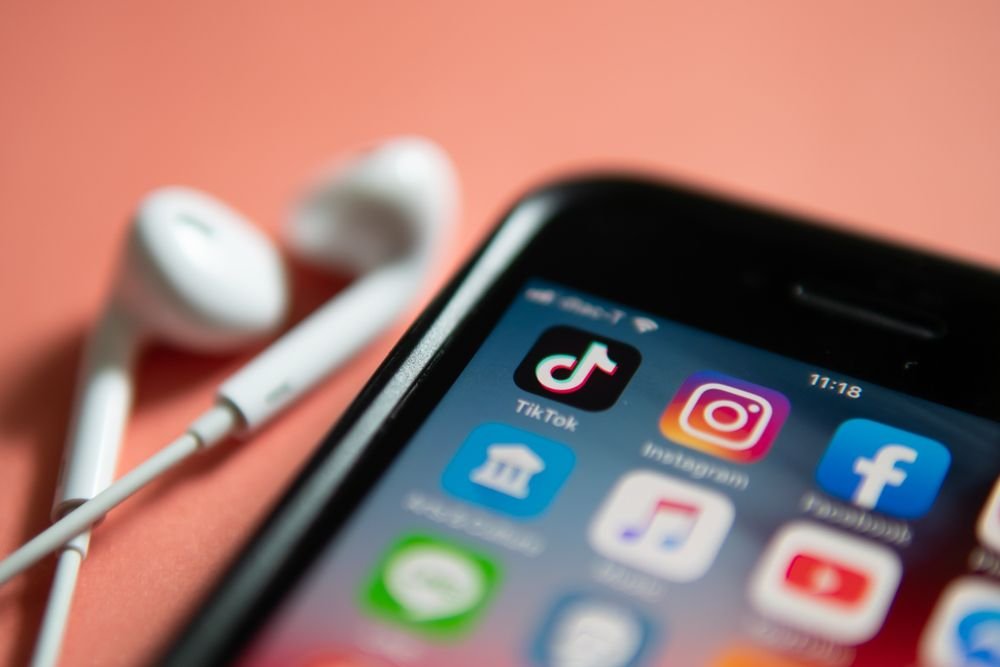
In recent years, Africa has witnessed a dramatic surge in social commerce—a seamless blend of social media and e-commerce—reshaping how businesses sell and how consumers shop. Key platforms like WhatsApp, Instagram, and TikTok are at the forefront of this transformation, providing African entrepreneurs with powerful tools to engage customers, build trust, and drive sales across the continent.
The Rise of Social Commerce in Africa
Social commerce taps into Africa’s rapidly growing internet penetration and mobile connectivity, paired with the continent’s vibrant social media culture. WhatsApp, Instagram, and TikTok have emerged as vital sales channels because they combine social interaction with instant purchasing options, reducing barriers that traditional e-commerce platforms often face.
WhatsApp is Africa’s most widely used messaging app, offering businesses direct communication with customers for personalized sales and support.
Instagram’s visual storytelling, influencer partnerships, and targeted ads allow brands to showcase products in culturally relevant ways that resonate deeply.
TikTok’s short-form videos fuel viral marketing, creating brand awareness and demand at unprecedented speed among Africa’s large youth demographic.
Key Drivers Behind Social Commerce Growth
Trusted Communication and Recommendations
Social commerce thrives on personal connections and trust. WhatsApp enables sellers to build intimate relationships by answering queries, providing product demos, and handling transactions in real time. This model fits naturally with African market preferences for interpersonal trust in transactions.
Visual and Interactive Shopping Experiences
Instagram and TikTok’s formats appeal to African consumers by blending entertainment, cultural expression, and commerce. Influencers create relatable content that inspires purchasing decisions, making buying feel organic rather than transactional.
Mobile-First Consumer Base
With over half of Africa’s population using smartphones, mobile-first strategies are essential. These social platforms are optimized for mobile use, allowing sellers to reach consumers anywhere and anytime with minimal friction.
Successful Examples and Trends
Several African entrepreneurs and SMEs have thrived by leveraging social commerce. From fashion to beauty, handmade crafts to tech gadgets, sellers use these platforms to scale rapidly, overcome logistical challenges, and access regional and even global markets.
Emerging trends include:
Use of WhatsApp Business API integrated with payment platforms for seamless checkout.
Instagram Shops enable direct browsing and purchasing without leaving the app.
TikTok shopping events and hashtag challenges that propel brands into viral phenomena.
Challenges and The Path Forward
Despite its potential, social commerce faces challenges in Africa, such as digital payment adoption, logistics infrastructure, and regulatory environments. Addressing these requires collaboration between governments, tech companies, and entrepreneurs to foster trust, ensure secure transactions, and scale delivery networks.
Conclusion
Social commerce on WhatsApp, Instagram, and TikTok is revolutionizing African retail by bridging social interaction and digital sales in culturally meaningful ways. Businesses that integrate these tools into their sales strategies, while addressing digital and logistical hurdles, will be best positioned to capture the continent’s enormous consumer potential in 2025 and beyond.
This dynamic landscape marks a new era for African commerce—where social connectivity fuels economic growth and entrepreneurial opportunity like never before.